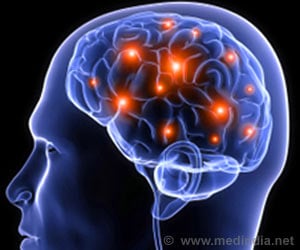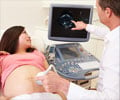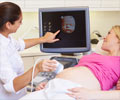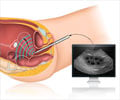A paper in this month's edition of Global Heart advocates including ultrasound in medical education programmes to realise the full benefits of the technology as early as possible.
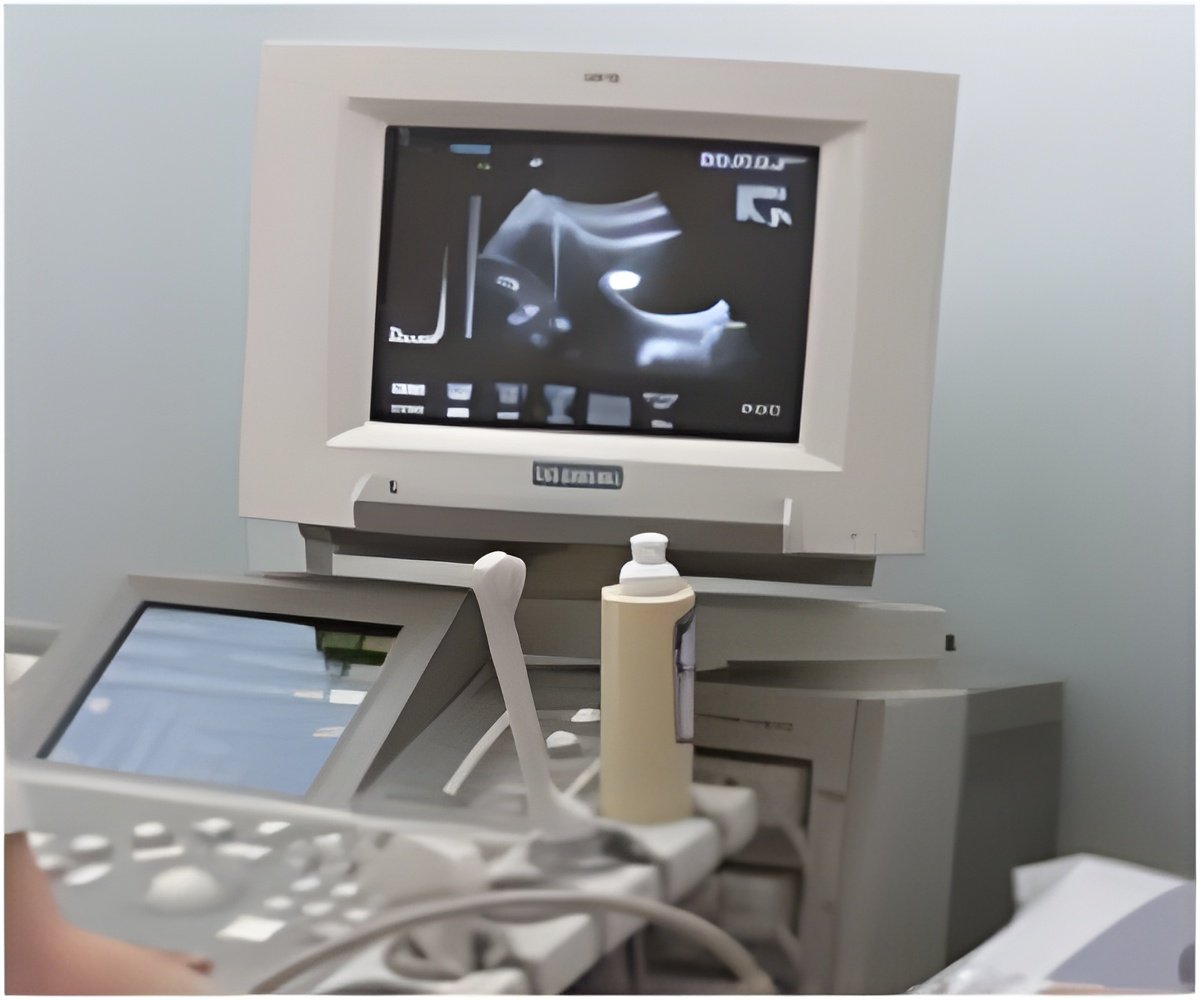
Ultrasound technology has advanced to the point that many point-of-care examinations can be carried out using ultrasound, including the advent of hand-held devices similar in size to smartphones. "Emergency physicians, intensivists, and other acute care clinicians are using and relying on critical care ultrasound imaging to better triage and diagnose patients at the point of care. As this new frontier of medicine continues to forge forward using this new and improving technology, we strongly believe in integrating ultrasound training earlier into the medical education curriculum," say the authors.
They outline a number of medical scenarios such as patients with chest pain, shortness of breath, and shock, and detail how ultrasound can be much more accurate in helping healthcare workers diagnosing problems in these circumstances. However, they also caution about the limitations of ultrasound, saying that "it is sometimes difficult to determine the difference between acute versus chronic problems in an individual. This can be a confounding finding in an acute setting, in the event that a physician needs to make a treatment decision that could be attributed more to a chronic diagnosis."
However, overall they point to findings that show "Not only is ultrasound more comprehensive and accurate than physical examination, but it also helps with earlier detection of potentially life-threatening conditions, such as cardiac tamponade* and confirmation of pulseless electrical activity... it is argued that point-of-care ultrasound should be, rather than optional, an essential part of any examination to help physicians develop and narrow down their differential diagnosis."
The authors also refer to a study by Kobal et al demonstrating the potential in extending ultrasound education into the medical school curriculum. Their study compared the physical exam (using non-ultrasound devices such as stethoscopes) done by trained cardiologists to the diagnostic accuracy of ultrasounds done by medical students. This study concluded that not only were students capable of capturing images of cardiac pathology on patients, but their diagnostic skills were far superior in detecting valvular disease, left ventricular hypertrophy, and cardiac dysfunction than those of trained cardiologists performing physical exams.
The authors conclude: "It is becoming increasingly apparent that training our medical students to use ultrasound earlier in their careers can allow them to develop diagnostic skills that far exceed the traditional exam that physicians have been taught for centuries. Thus, it is impossible to ignore the impact ultrasound has made within medical education. Ultrasound has played an essential role in point-of-care cardiac diagnostics, and implementing ultrasound training into medical education is the next logical step to enable the progression of point-of-care ultrasonography."
Advertisement




